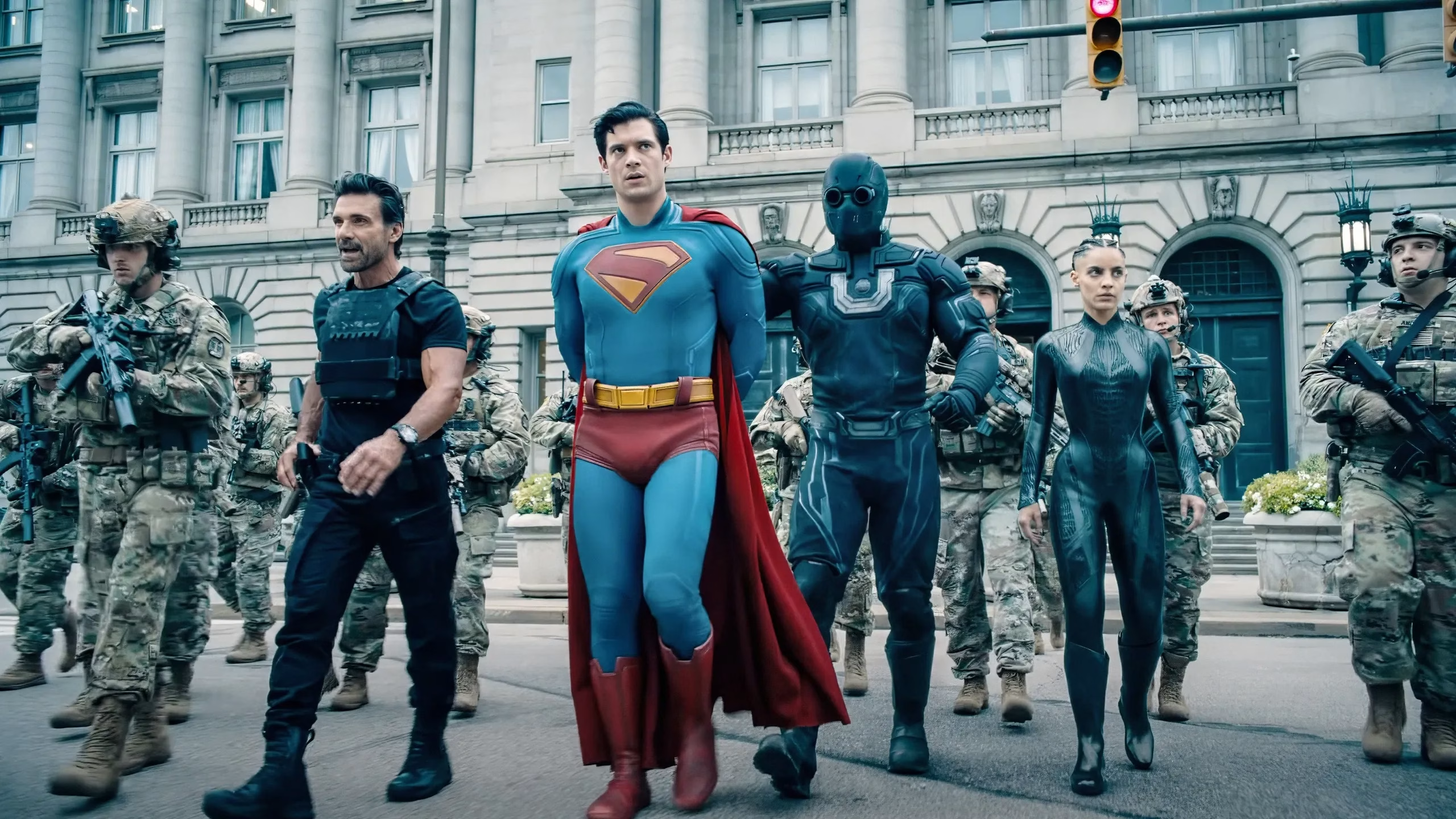When Reed and Metallica unveiled *Lulu* in 2011, anticipation was palpable, but skepticism loomed larger. Their previous joint performance of “Sweet Jane” at the Rock and Roll Hall of Fame’s 25th Anniversary concert in 2009 had dazzled audiences, but as information about their studio project emerged, it began to sound less like a hard-hitting album and more like an elaborate theatrical concept, with spoken-word Reed vocals inspired by 19th-century playwright Frank Wedekind. Perhaps not a universally appealing direction.
The release of *Lulu* was received predictably, with two previously divided fan bases left largely unimpressed. Critiques poured in from both the metal scene and art rock enthusiasts, leading to dismal sales figures.
Fortunately, some dedicated defenders emerged, including Reed and the members of Metallica themselves, who expressed no regret about the album and spoke highly of their creative process. Reed even declared it “the best thing I ever did”—a bold claim for his final album before his passing in 2013. The emotional weight accompanying Reed’s death likely contributed to Metallica’s continued support for the project.
“We enjoy being challenged,” Kirk Hammett told *The Verge* in 2013. “We like exploring new creative paths with Metallica… I think *Lulu* contains some of our best work… The collaboration with Lou Reed was unique and special for us. It may not resonate with everyone, and it might challenge our fans, but each of us—Lars, James, Rob, and I—truly enjoyed the experience. We have fond memories of it.”
That said, Metallica didn’t agree with Reed on everything. The creative process was filled with surprises as they navigated their distinct styles. Unsurprisingly, challenges arose along the way. Hammett recalled, “I started experimenting with a wah-wah effect, and Reed just walked up to the mic and said, ‘No.’ I was taken aback, and he clarified, ‘No guitar solos.’ I thought, ‘Okay.’ At one point, I tried a Phrygian dominant scale, which has an Eastern sound, and he cut in with, ‘No belly dancing music.’”
It’s certainly unusual advice for a guitarist of Hammett’s stature, but from Lou, it became part of an amusing and memorable narrative of their collaboration.













